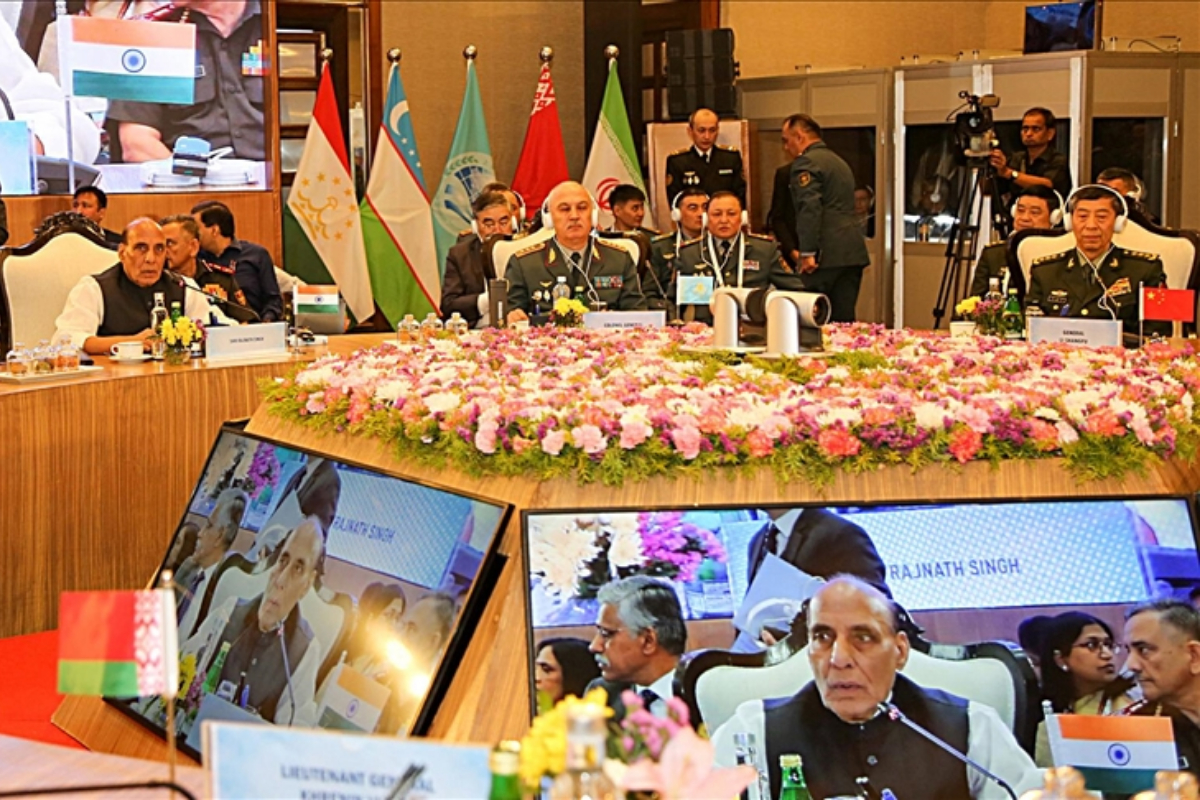- The 10-member transregional economic and security body includes Central Asian republics, India, Pakistan, Iran, and Belarus.
- The Indian delegation was led by Foreign Minister S. Jaishankar.
- Despite multiple talks, neither side has managed to normalize ties.
India’s top diplomat said on Thursday that the country seeks to intensify efforts to resolve border issues with China, as he met his Chinese counterpart on the sidelines of the Shanghai Cooperation Organization’s summit in Kazakhstan.
China and Russia established the 10-member transregional economic and security body, which also includes Central Asian republics, India, Pakistan, Iran, and Belarus. The heads of state of these countries held a two-day meeting in the Kazakh capital Astana on July 3-4.
All countries were represented by their leaders and top diplomats at the summit, except for India, which was skipped by Prime Minister Narendra Modi. The Indian delegation was led by Foreign Minister S. Jaishankar.
On Thursday, Jaishankar and Chinese FM Wang Yi held talks aimed at addressing the tensions that erupted between New Delhi and Beijing in 2020, following deadly clashes on their de facto Himalayan border known as the Line of Actual Control.
Both sides have since deployed thousands of troops to the area and reduced engagements. Despite multiple talks aimed at resolving the standoff, they have not succeeded in normalizing ties.
“Discussed early resolution of remaining issues in border areas. Agreed to redouble efforts through diplomatic and military channels to that end,” Jaishankar said in an X post after the meeting with Wang.
“The three mutuals — mutual respect, mutual sensitivity and mutual interest — will guide our bilateral ties.”
The spokesperson of China’s Ministry of Foreign Affairs said in a statement that the ministers “agreed to work toward stability in the border area and hold a new round of consultations on the border issue as soon as possible.”
She quoted Wang as stating that both countries, as representatives of the Global South, should collaborate to “safeguard the common interests of developing countries and contribute to regional and global peace, stability, and development.”
India and China have failed to reach an agreement on their 3,500-km border since their war in 1962. Jaishankar and Wang’s meeting marked the first high-level engagement between the countries since India’s election and the beginning of Modi’s third term last month.
“In that context, it is important to note that primarily the discussion seems to have revolved around addressing the standoff,” said Manoj Kewalramani, China studies fellow and chairperson of the Indo-Pacific studies program at the Takshashila Institution in Bangalore.
“It is useful that the two foreign ministers met at the sidelines of the SCO summit. Maintaining channels of dialogue between the two sides is important. To that extent, it is good that this meeting took place.”
Kewalramani informed Arab News that the presence of Chinese troops in the Ladakh area on the border was posing a major obstacle to normalization.
[embedpost slug=”indias-illegal-annexation-of-jk-will-never-be-accepted-by-kashmiris/”]




















